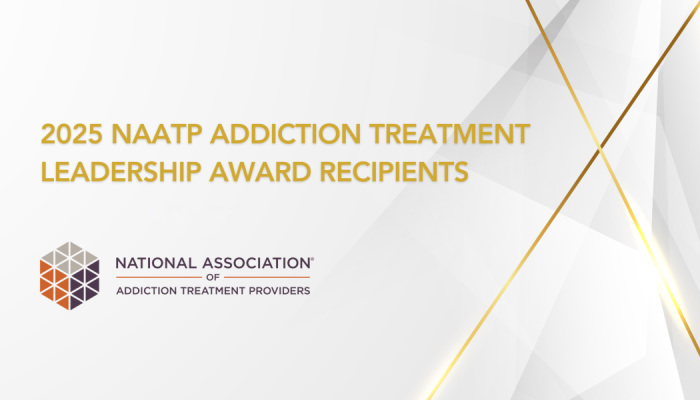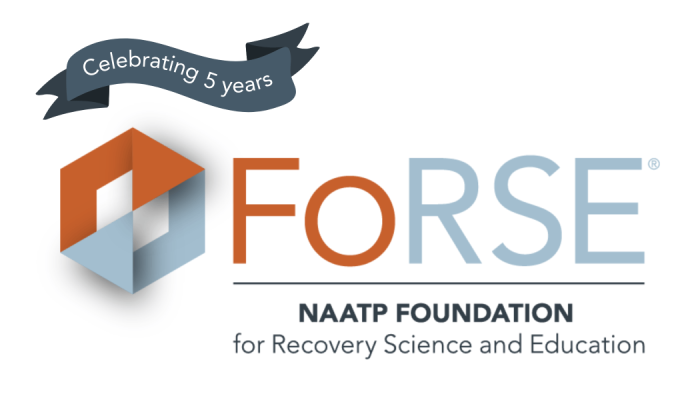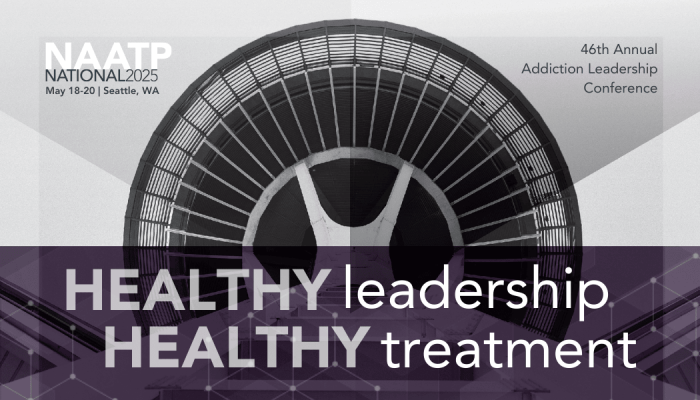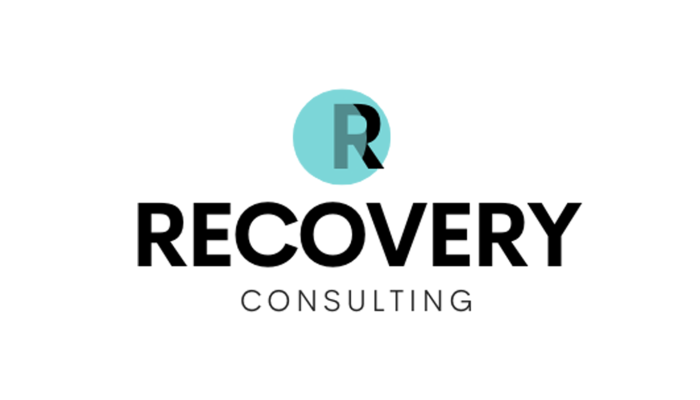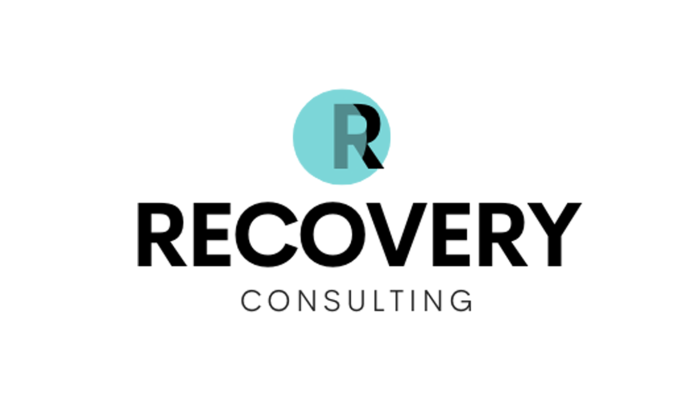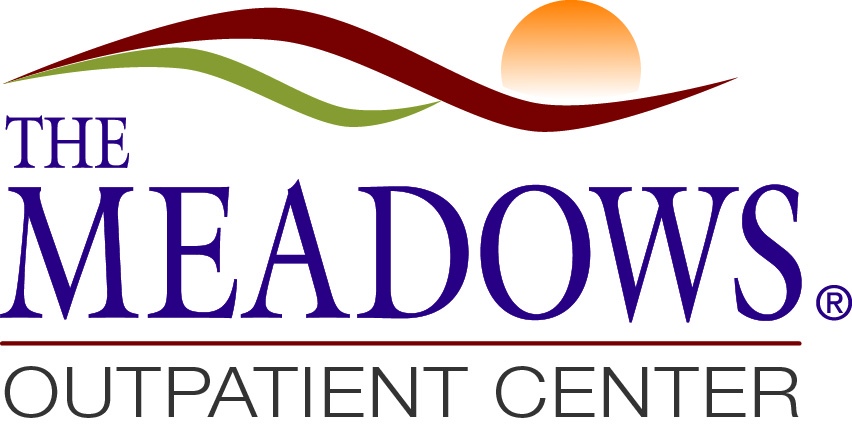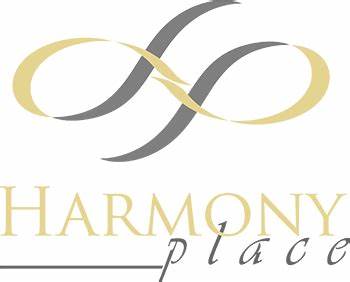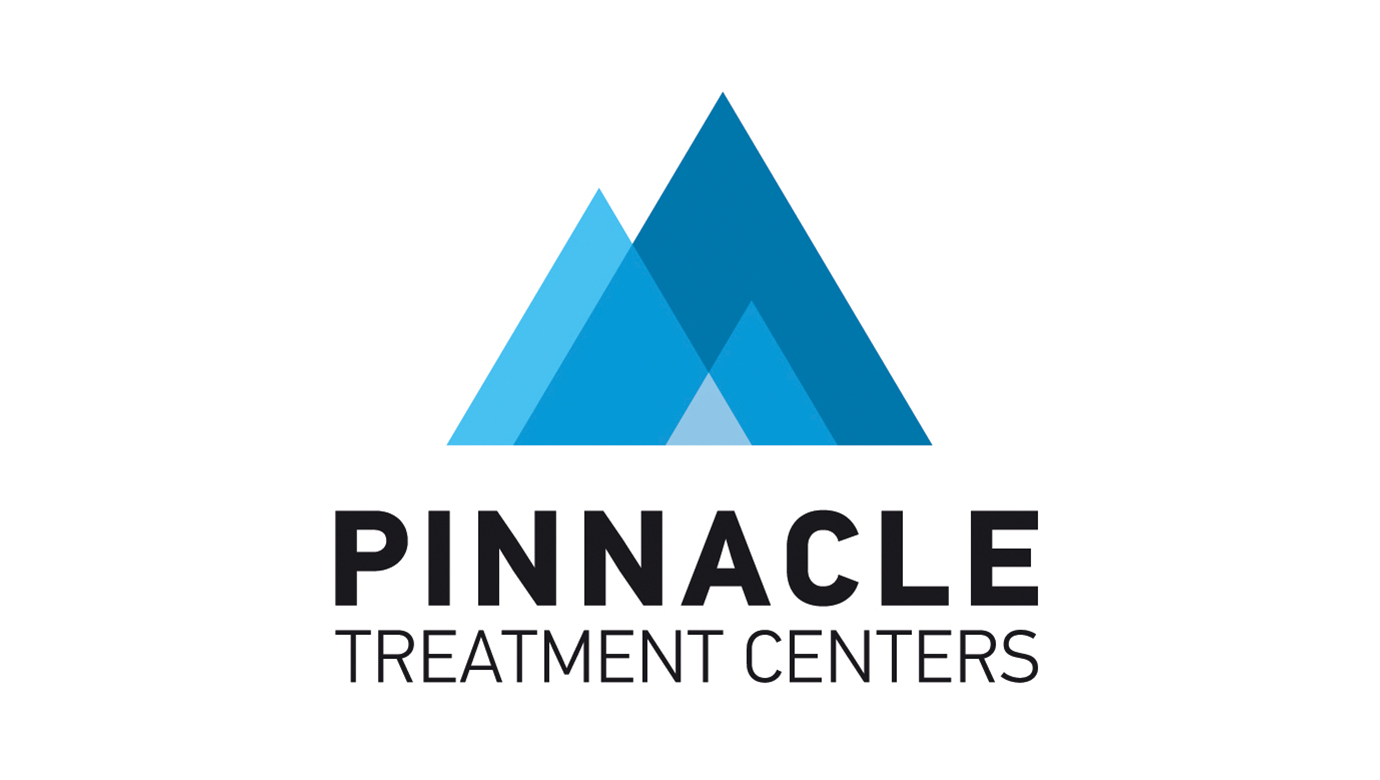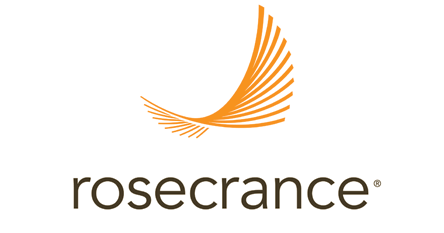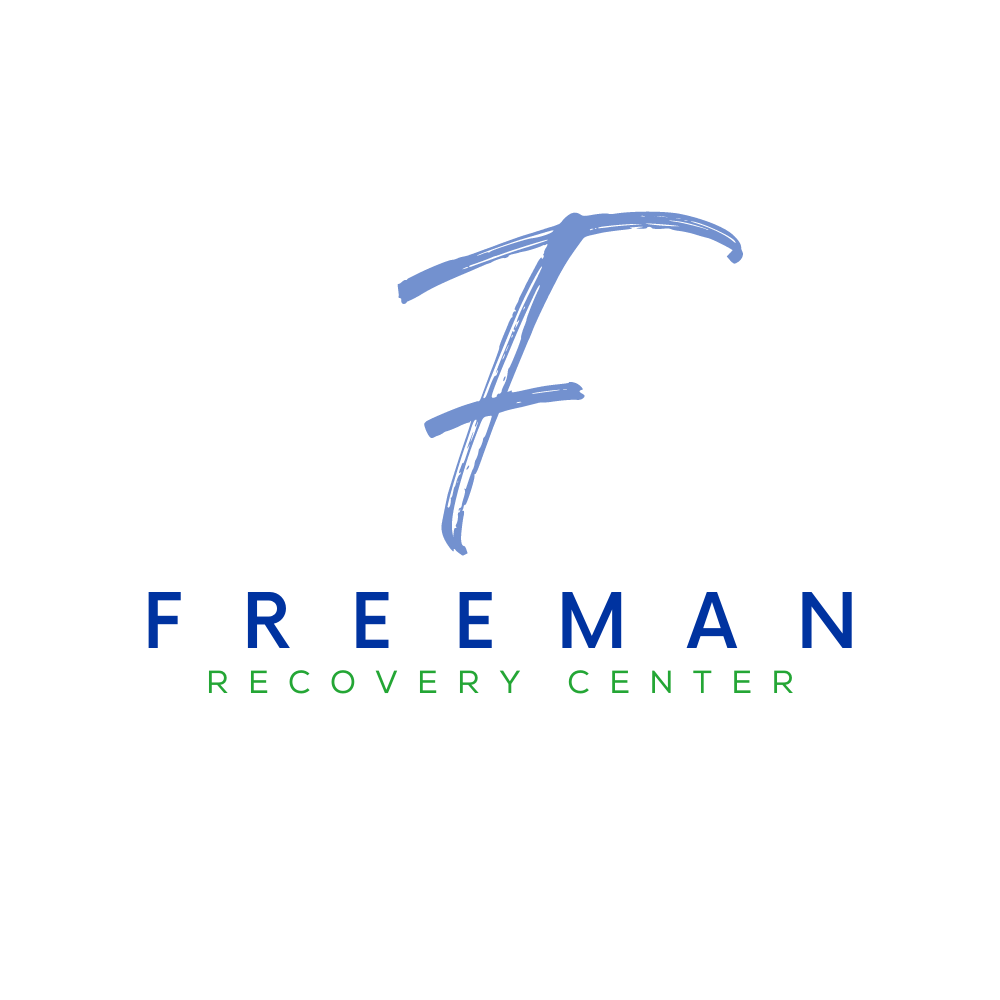Dec 28, 2020
After much negotiation behind the scenes with Congress, the President finally signed the omnibus budget bill, which also contained the latest compromise COVID-19 relief package. It was signed late Sunday evening after unemployment benefits had expired for millions of Americans and just hours before the federal government would have shut down.
Congress will reluctantly return to Washington this week to consider overriding the President’s veto of the Defense Authorization Act and to consider his demands in exchange for signing the budget COVID legislation.
The nearly 5,600-page legislation contains many provisions that could be helpful to NAATP members. Below is an overview of what’s in the bill, compiled from multiple sources.
The bipartisan COVID-19 relief proposal includes an appropriation of $4.25 billion for mental health and substance use programs above and beyond regular FY 2021 spending, as detailed below:
Substance Abuse and Mental Health Services Administration (SAMHSA): The bill funds SAMHSA at $6 billion, an increase of $133 million above the 2020 enacted level. SAMHSA funding contains increased support for mental health and SUD services, including a new $35 million crisis care initiative within the Mental Health Block Grant; expanded services and support for children and youth, including $107 million for Project AWARE, an increase of $5 million; and $72 million for the National Child Traumatic Stress Initiative, an increase of $3 million. The bill includes $3.8 billion for substance misuse treatment and $208 million for substance misuse prevention. Finally, the bill includes $250 million for Certified Community Behavioral Health Clinics.
The package also includes the following provisions:
- Provider Relief Fund. The final package provides an additional $9 billion in support for health care providers, including $3 billion in grants for hospital and health care providers to be reimbursed for health care related expenses or lost revenue directly attributable to the public health emergency resulting from coronavirus, along with direction to allocate not less than 85% of unobligated funds in the Provider Relief Fund through an application-based portal to reimburse health care providers for financial losses incurred in 2020.
- Small Businesses. $325 billion for the Small Business Administration is allocated for a second round of Paycheck Protection Program (PPP) loans. This includes eligibility for 501(c)(6) nonprofit organizations with as many as 300 employees.
- Telehealth. Includes the Mental Health Telemedicine Expansion Act, which permanently expands access to telehealth services in Medicare to allow beneficiaries to receive mental health services via telehealth, including from the beneficiary’s home. To be eligible to receive these services via telehealth, the beneficiary must have been seen in person at least once by the physician or non-physician practitioner during the six-month period prior to the first telehealth service, with additional face-to-face requirements determined by the Secretary.
- Mental Health Parity. The bill requires steps to move towards mental health parity. It requires responsible agencies to request comparative analyses of at least 20 plans per year that may involve violations of mental health parity. If the agencies find that coverage is out of compliance with mental health parity laws, then they may specify corrective actions. Failure to implement corrective action plans would result in enrolled individuals being notified of the plan’s noncompliance.
- Surprise Billing. A surprise billing fix, long an elusive bipartisan priority, is included in the bill. It creates an arbitration system for out-of-network surprise medical bills centered around the median in-network payment for services. The included deal would protect patients from surprise medical bills by ensuring they are only responsible for the in-network payment rates. The bill would require arbiters to settle disputes between providers and insurers, and the arbiters would consider median in-network rates, information related to the providers’ experience, and the complexity of services. The independent dispute resolution would be binding, payments would be made within 30 days, and there is no monetary threshold for triggering arbitration. Parties would be allowed to initiate dispute resolutions once every 90 days. The deal also included a ban on air ambulance surprise bills and would prohibit out-of-network providers from billing patients unless patients are notified 72-hours before receiving out-of-network services. Notably, “timely billing” provisions included in an earlier iteration of the bipartisan surprise billing agreement were not included in the final package.
We are pleased that this much-needed assistance finally reached the finish line. We anticipate that the Biden Administration will work on providing additional assistance once they are sworn in on January 20th. NAATP looks forward to continuing to work with the next Congress and the new administration to provide relief to SUD treatment providers.




